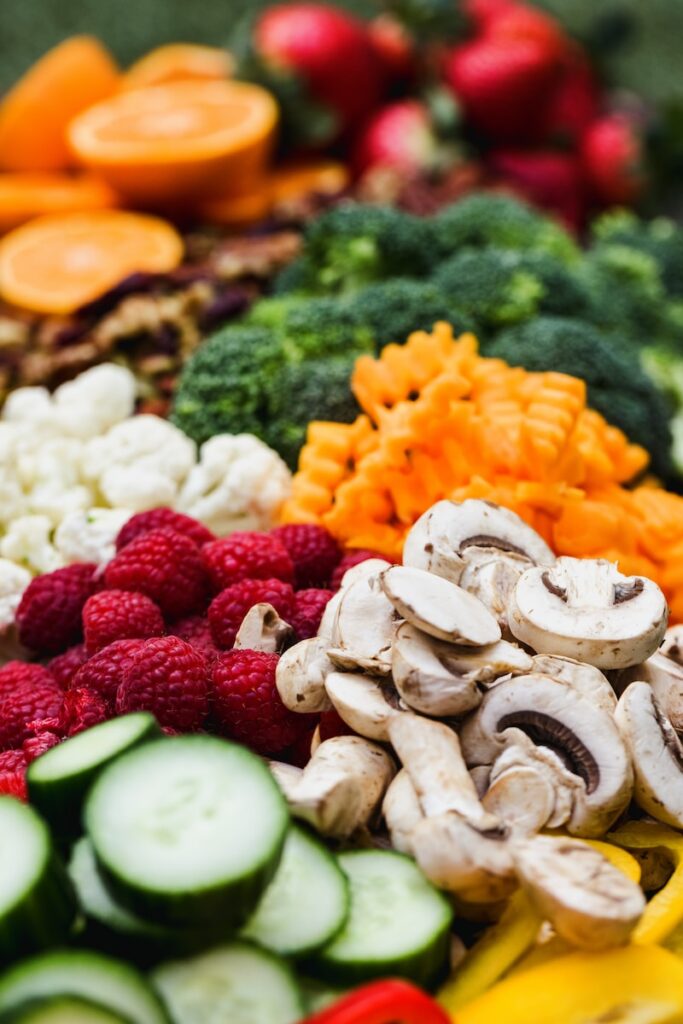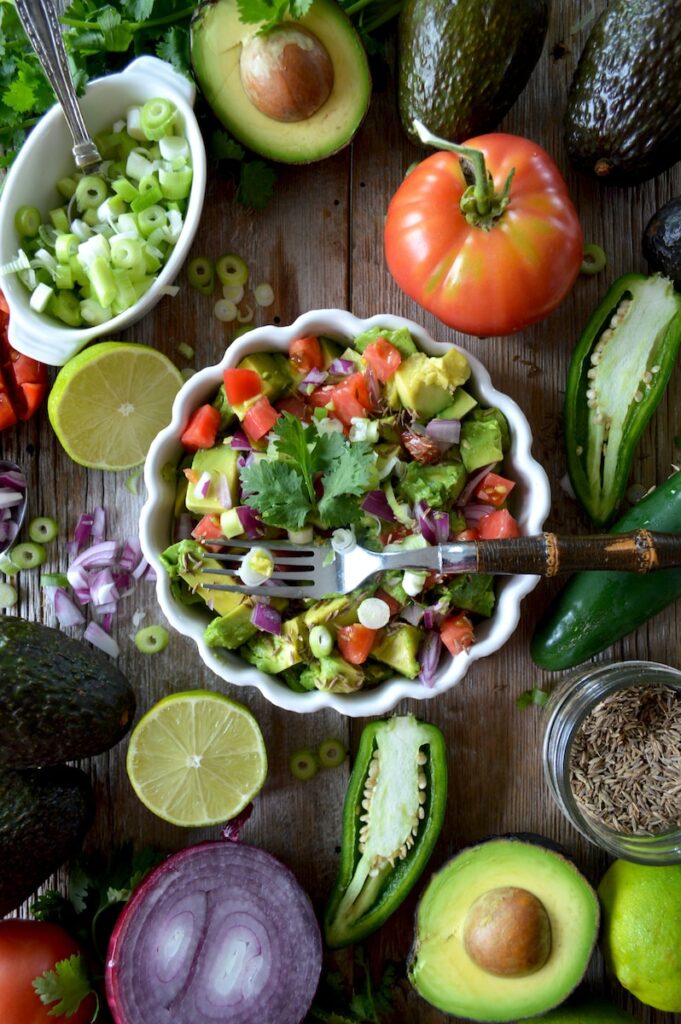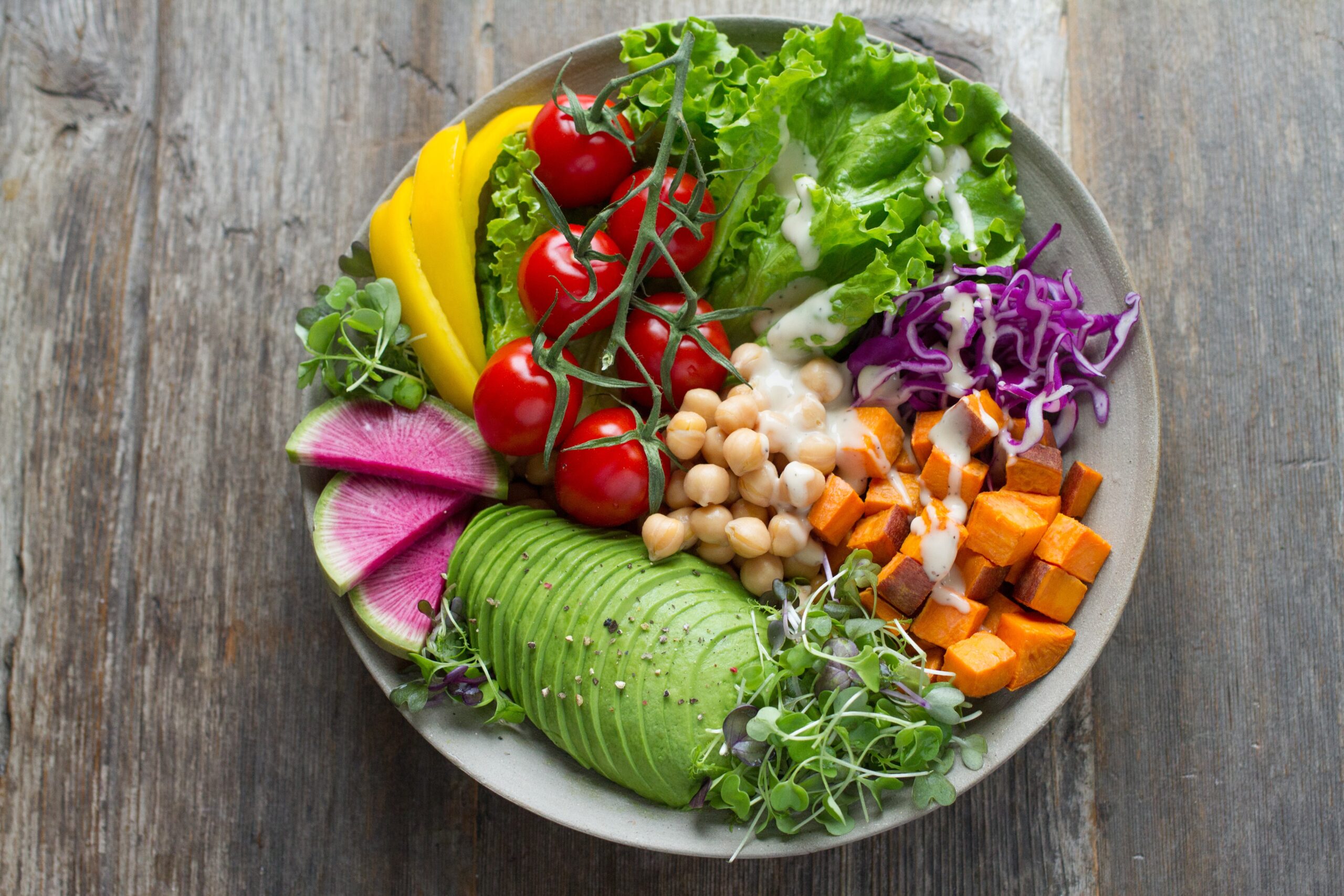The Benefits of a Vegan Diet
Switching to a vegan diet has become increasingly popular in recent years, and for good reason. Not only does it promote a healthier lifestyle, but it also has a positive impact on the environment and animal welfare. But what about the health and safety aspects of a vegan diet? Let’s take a closer look.
1. Nutritional Balance
Contrary to popular belief, a well-planned vegan diet can provide all the necessary nutrients for optimal health. By focusing on a variety of whole plant foods such as fruits, vegetables, whole grains, legumes, nuts, and seeds, vegans can easily meet their nutritional needs.
However, it’s important to pay attention to certain nutrients that may be lacking in a vegan diet, such as vitamin B12, iron, calcium, and omega-3 fatty acids. These can be obtained through fortified foods or supplements.
2. Weight Management
One of the benefits of a vegan diet is its potential for weight management. Plant-based foods are generally lower in calories and saturated fats compared to animal-based products. This can help individuals maintain a healthy weight and reduce the risk of obesity-related diseases such as heart disease and diabetes.

3. Reduced Risk of Chronic Diseases
Studies have shown that a vegan diet can reduce the risk of developing chronic diseases, including heart disease, high blood pressure, certain types of cancer, and type 2 diabetes. The high fiber content in plant-based foods helps lower cholesterol levels and improves digestion, while the abundance of antioxidants found in fruits and vegetables protects against cellular damage.
4. Improved Gut Health
A vegan diet rich in fiber promotes a healthy gut microbiome, which plays a crucial role in overall health. The fiber from plant foods acts as a prebiotic, feeding the beneficial bacteria in the gut and supporting a diverse microbiota. This can lead to improved digestion, better nutrient absorption, and enhanced immune function.

Ensuring a Safe Vegan Diet
While a vegan diet can offer numerous health benefits, it’s important to ensure it’s done correctly to avoid potential pitfalls. Here are a few tips:
- Plan your meals to ensure a variety of nutrients are included.
- Pay attention to essential nutrients like vitamin B12, iron, calcium, and omega-3 fatty acids.
- Consider consulting with a registered dietitian who specializes in vegan nutrition.
- Choose whole, unprocessed foods whenever possible.
- Be mindful of hidden animal-derived ingredients in processed foods.
In Conclusion
A vegan diet can be a safe and healthy choice when properly planned. By focusing on a variety of plant-based foods and ensuring adequate nutrient intake, individuals can reap the many health benefits of a vegan lifestyle. As always, it’s important to listen to your body and consult with a healthcare professional if you have any concerns or specific dietary needs.
About the author
Dr Harlan Kilstein has been fascinated by cooking and food technology since he was young.
He has worked in the catering industry for many years.
He has authored more than a dozen recipe books in the Keto niche including Speed Keto, Speed Keto RFL (Rapid Fat Loss) and many more.




